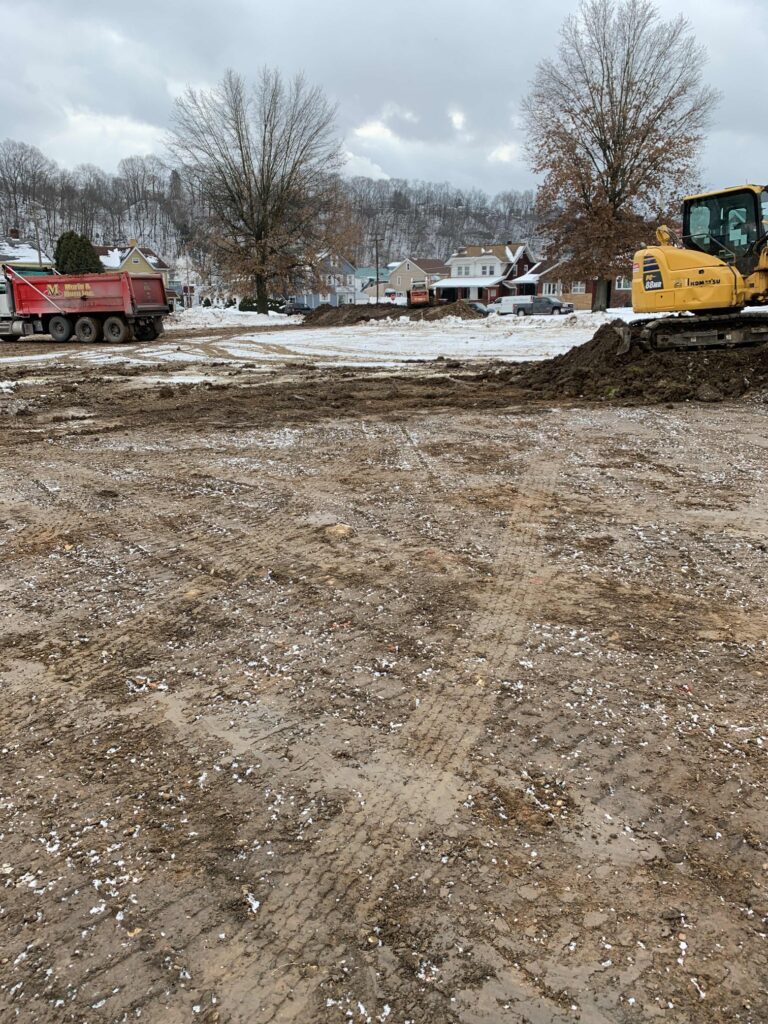
|
||||
|
In this Update:
Senate Set to Question Wolf Administration on Spending Plan
On Feb. 8, Gov. Wolf proposed a $45.7 billion state budget for 2022-23 that would increase spending by $4.5 billion, create a $1.3 billion deficit in the following year and produce a $13 billion deficit by 2026-27. Next week, the Senate Appropriations Committee kicks off four weeks of public hearings to review the spending plan and question administration officials in preparation for developing a more responsible budget prior to the June 30 constitutional deadline. You can find livestreams of the hearings, video of previous hearings and daily recaps here. I’ll report back each week with updates on this important process. Keeping Track of Non-Budgeted State Tax Dollars
While the process of passing a responsible state budget gets underway, a new resource is available highlighting state spending that occurs after the budget is enacted. A webpage recently launched by state Treasurer Stacy Garrity explains Ledger 5, which is used to account for non-budgeted expenditures incurred during a fiscal year that are legally mandated or necessary to maintain public health, safety or welfare. Before Ledger 5 can be used, the Governor’s Office of the Budget must provide Treasury with documentation, known as an Expenditure Symbol Notification (ESN) memo, to explain and justify the expenditure. Treasury reviews the ESN memo and other expenditure documentation to ensure the payment is legal and correct. All ESN memos will be posted on the new webpage. Indiana County Receives $2 million in Federal Funding to Expand BroadbandEarlier this week, it was announced that Indiana County would receive $2 million in federal Community Development Block Grant-CARES Act (CDBG-CV) funding to continue efforts to expand broadband capability within the county. Working with various partners within the county, this money will be used to extend and expand reliable and affordable rural broadband, high-speed internet, and cellular service to the unserved and underserved in the northwest corner of Indiana County. The $2 million brings the county’s current investment in broadband to $7 million, with some additional funding plans still in the works. Limited access to broadband service is an issue across Pennsylvania, and in Indiana County, like other rural counties, broadband access has not been readily available because the county’s rural location and small population make it unprofitable for internet service providers to offer service. Click on the following links for maps of the Indiana County CDBG-CV Competitive Application Project Area and Service Area and the Indiana County CDBG-CV competitive Application Project Area and Service Area with Service Provision Analysis. Looking for Best Use of Homer City Generating StationOur community has benefited from the economic engine that is the Homer City Generating Station for over 50 years, but it’s clear that regulatory hurdles and taxes such as those proposed by Gov. Tom Wolf’s Regional Greenhouse Gas Initiative (RGGI), make future use opportunities very difficult to explore. Earlier this week, new concerns were caused by Homer City Generation indicating it will consider reducing operating units after May 2023. However, Homer City Generation CEO and President William Wexler said the intention is to engage with the community on alternative uses for the site. The operations of the facility have evolved over time and I fully believe there is an opportunity for continued productive economic use of the site beyond May 2023. I remain committed to working with my elected colleagues, the current ownership team of the plant and all potentially affected employees in figuring out the highest and best economic use of the Homer City Generating Station. Work Continues on Butler County Community College Location in Ford City
As the above pictures suggest, construction activity continues at the Butler County Community College project site in Ford City. This project was spearheaded by my friend and former colleague, Rep. Jeff Pyle. My thanks to Jeff, Rep. Abby Major and the Armstrong County Commissioners for their efforts in creating the ultimate partnership of state, county and private support to provide further educational opportunities in Armstrong County and help spur economic development in the Ford City area. I greatly appreciate Butler County Community College officials for their collaboration and support as well. Help for Families Navigating the College Aid Process
The Pennsylvania Higher Education Assistance Agency is offering several free webinars in February, March and April to help students and families plan for college and fill out the Free Application for Federal Student Aid (FAFSA). FAFSA Overview (Feb. 28, April 18) Financial Aid 101 (March 7, March 28) Financial Aid Junior Jumpstart (April 13) Click here for times and registration. New Helpline Available for Farmers Seeking Mental Health Services
Pennsylvania farmers and farm families seeking mental health support can now access a free helpline for assistance. The AgriStress HelpLine for Pennsylvania is available 24 hours a day, seven days a week. Farmers can call 833-897-AGRI (2474) to speak to a health care professional. According to the American Farm Bureau Federation, financial challenges, farm or business problems and the fear of losing the farm are top contributors to farmers’ mental health challenges. Cost, embarrassment and stigma often prevent farmers from seeking help or treatment for a mental health condition. The Senate Agriculture and Rural Affairs Committee explored the topic in several public forums in recent years. Halting the Rise in Pennsylvania Traffic Fatalities
In Pennsylvania, 2021 preliminary data shows deaths on our roadways increased by as much as 10%, including increases in fatalities in speeding crashes, distracted driving crashes, crashes involving teen drivers, as well as unrestrained fatalities. Pennsylvania Highway Safety Law Awareness Week is next week, Feb. 20-26, and it’s an opportunity to think about the laws and driving habits that increase traffic safety. Highway safety laws that can prevent traffic fatalities include:
You can read more about highway safety at www.PennDOT.gov/safety. |
||||
|
||||




Want to change how you receive these emails? 2026 © Senate of Pennsylvania | https://senatorpittman.com | Privacy Policy |







